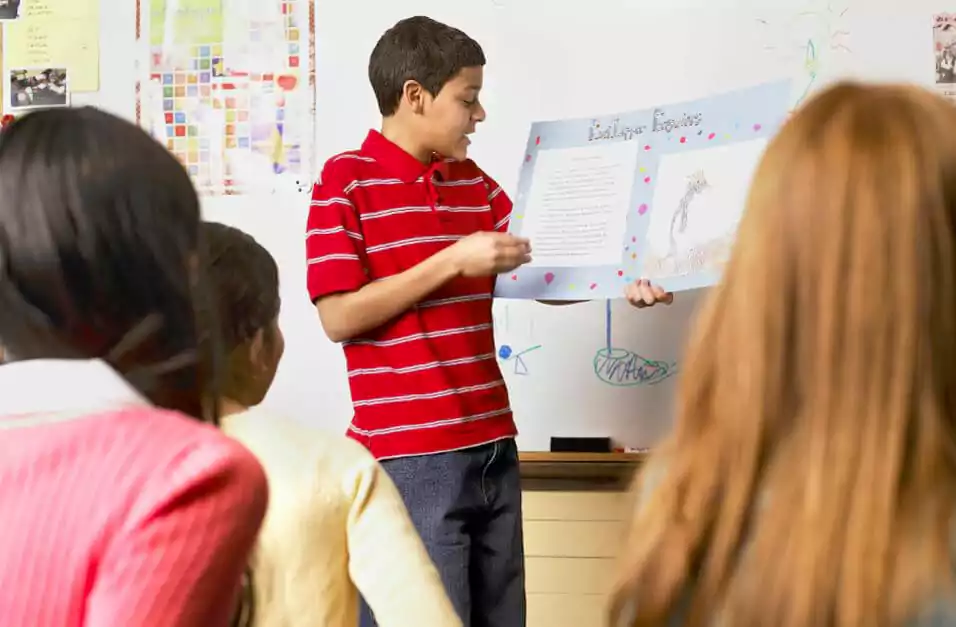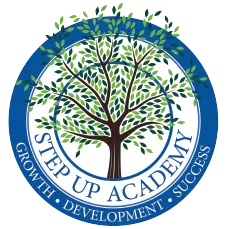Dysgraphia Teaching Strategies for Overcoming Writing Difficulties

Dysgraphia is in the learning disorders category because this learning condition affects the thought and motor coordination in a person’s writing process. People who suffer from dysgraphia find writing difficulties on their handwriting, spell, and put thoughts on the paper in order. The key to successful tutoring of dysgraphia is a profound knowledge of the syndrome and its influence on writing capabilities.
Dysgraphia may be present in different ways, and thus it is important to distinguish the typical symptoms when considering this disorder. Some of the symptoms of this condition are: illegible handwriting, lack of uniformity in letter formation, problems with horizontality, difficulties with written word vocabulary and grammar errors. With the use of these tactics, educators and tutors can ensure timeous and applicable support to students with dysgraphia.
Diagnostic Dysgraphia from Other Learning Disabilities
Although dysgraphia might be rendering itself similar to other learning disabilities, focusing on its specificity is still worthwhile to achieve significant results. It primarily affects writing abilities, and not other things related to learning, such as dyslexia or ADHD, which can affect reading or concentration. By understanding these differences, tutors can devise their learning styles that will meet the necessities of students with dysgraphia.
The impact on writing & Writing difficulties
Dysgraphia is a condition that undoubtedly undermines the writing skills of an individual as well as their overall scores while at school. This can result in problems such as frustration, feeling low on self-esteem, and lack of interest in writing assignments. Through the understanding that dysgraphia can lead to some emotional issues of the students, the tutors can create a supportive and encouraging atmosphere, which helps the learners to flourish.
Successful Tutoring Strategies for Dysgraphia
Dysgraphia affectation is a specific disorder. The best techniques that are inclusive of such people are, therefore, essential. Through incorporation of multisensory methods, simple skill structure, adoption of assistive technologies, applying positive reinforcement policies, and offering tailored instruction, the teacher can guide dysgraphic students in overcoming writing difficulties and achieving desired results.
Multisensory Approaches
Empowering students to write effectively can be achieved through student-centered and creative approaches which include multisensory learning. Visual learning tools, like color-coding or charting, provide ways for students to order their thoughts in a comprehensible way. Utilizing touch and movement, making labels that use finger tracing in the sand or manipulatives to mold words, are practical experiences. Moreover, the auditory reinforcement, and for instance, audioBooks and recordings of instructions, help to make sure that the acquired information is not forgotten.
Mastering the Writing Techniques
To help learners with dysgraphia retain the opportunity to establish their writing skills, it is imperative to split the procedure into clearly defined segments. Finger exercises or coloring or similar activities would help develop fine motor skills and hand-eye coordination. It is possible to achieve better handwriting through means like setting vertical lines or using pencil grips which are aimed at improving the accuracy of alphabet formation. The writing process is best taught by teaching the students how to sequentially put their ideas and sentences together with tools such as adaptive concept maps and an array of sentence starter words.
Assistive Technologies and Tool
Implementation of assistive technology and the tools in the writing process can greatly ease the way, especially for students with dysgraphia. Websites and software that facilitate digital writing like ‘voice to text‘ and ‘speech recognition’ can benefit students with handwriting or spell-checking disabilities. Via the voice-to-text technology, students become capable of merely dictating their ideas, and word prediction software supports in improving the writing fluentness and accuracy. The incorporation of technologies in the age of the web allows the tutors to provide a disabled student with tools necessary to express originality and creativity.
Positive Reinforcement Strategies
An essential factor for a student with dysgraphia to progress is the development of their self-confidence and drive to succeed. Tutors can praise the students for their improvement to increase their motivation as they keep on moving towards the target. Their initiative, getting feedback, and creating a positive learning environment is great for students who may have writing difficulties to get over them and enhance their skills for better writing.
Personalized Instruction and Curriculum Adjustments
Personalized tutoring sessions should be designed for dysgraphic students to address their unique learning situations that they are facing. In line with the knowledge of a student’s strengths and weaknesses, they turn to the original instructional methods and materials to make them suitable for a student’s way of learning. The teacher can work together with the parent to create a plan that considers all the individual needs of the learner (IEP) and offer them suitable compensations such as extended time in writing assignments or the assistive technology. This arrangement often relieves students with dysgraphia from the disadvantage the condition might have created for them.
Developing Writing Beyond Tutoring
The development of writing skills as an individual with dysgraphia in addition to tutorial sessions broaden the repertoire. The tutors promote learning through practice and uniformity. They work with teachers, parents and the students with regards to their attention and they also create a resilience strategy so that the students continue to grow beyond the classroom.
Establishing the constant habit of good behavior
Strategies in homework should emphasize writing mastery as a way to strengthen its application regularly. One of the impacts that tutors can have is that of generating or compiling writing prompts and/or exercises that suit students’ diverse interests and start easy and gradually increase in complexity. Students are advised to develop and keep a regular writing habit through daily exercises or journaling in order to maintain a good practice. Through the sessions of creative writing instruction, this can be a vehicle for building a passion for writing and the self-confidence of being an accomplished writer.
Work Together with Teachers and Parents
The formation of dynamic communication channels between the tutors, teachers, and parents is greatly necessary for a student’s progress. Disclosing the reconstruction of the writing journey through a systematic report for all protagonists in the process should provide the needed understanding. Suggesting exemplary strategies and giving arguments with co-workers will be a guarantee for consistency across different learning environments. Providing more time to write or an alternative method would encourage positive strategies that will help the student to excel academically.
Developing resilience and dealing with adversity
Developing self-advocacy skills is a very crucial educational tool for students from dysgraphia. One of the ways tutors bear the significant burden is by helping the students to learn to express their needs and seek the modifications. By practicing mindfulness exercises or relaxation techniques, one can release the stress and get rid of the frustration. Developing a growth mindset in which school students see the difficulties as a chance to reach a higher level of improvement, encourages a resilient attitude towards writing. Proper coping strategies and also mindset will set them up for success. They can thereby evade writing challenges and, consequently, achieve their full potential.
Step Up Academy is Here to Help
Step Up Academy Tutoring Center in its efforts to help those that are dealing with the difficulties presented by dysgraphia is fully devoted. Our tutors with rich experience have the skills to provide individual advice and assist with the exact matching strategy needed by each student for the skill development and the gradual achievement of the writing success. By our tailor-made techniques and provision of personalized services, Step Up Academy Tutoring Center can ensure that the students with dysgraphia achieve their fullest potential.


